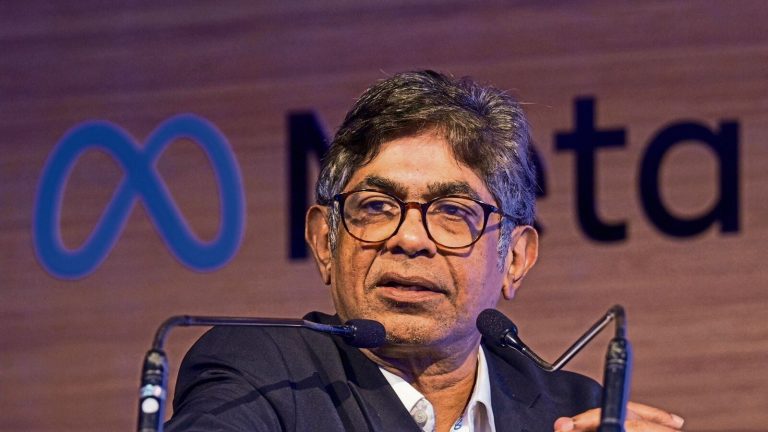Thampy Koshy, the managing director and chief executive officer of the Open Network of Digital Commerce (ONDC), has stepped down from his role after a three-year stint, leaving the board comprising 10 members temporarily in charge of the body, two people with knowledge of the development told Mint.
Koshy’s final day will be June 30 and the board has no immediate plans to find a replacement, said a third person with knowledge of the matter on condition of anonymity.
Confirming the development, ONDC said, “Koshy has expressed his desire to step down while helping on with the change. The MD & CEO responsibilities have been transitioned to an executive committee with Koshy available to the board over the next 3 months for advise.”
“ONDC has witnessed remarkable growth in under three years, surpassing 200 million transactions and making strong strides toward its mission of democratising e-commerce in India. As with any dynamic and evolving organisation, a leadership change is currently underway,” ONDC added.
This comes a month after ONDC’s chief business officer Shireesh Joshi resigned after three years citing personal reasons. R S Sharma, a former mission director of UIDAI, stepped down as the non-executive chairperson of ONDC in December last year after serving four months, as per a report by The Economic Times.
Also read: ONDC targets GeM and PLI beneficiary business for growth
The management changes come at a crucial point for ONDC. While it will continue to focus on 8 major domains which include food and beverage, grocery, and financial services, ONDC is cautious of not spreading itself too thin across categories, said the third person quoted above.
Koshy was an executive director at the National Security Depository Limited (NSDL) for 14.5 years before joining consulting firm EY as Partner for over a decade.
India’s digital commerce backbone
Started in December 2022 as a public infrastructure initiative by the Department for Promotion of Industry and Internal Trade (DPIIT), ONDC was formed with the intention of creating an all-inclusive e-commerce platform that serves the public aim of linking the entire country for wide economic participation. To this end, it focused on breaking e-commerce monopolies by standardizing marketplaces, promoting local suppliers, and streamlining logistics.
It has since wanted to position itself as the ‘UPI of e-commerce,’ emphasising its role as a network rather than a platform. Last month, ONDC logged a total of over 16 million orders in March alone, according to its LinkedIn post.
ONDC has expanded its domains over the years. Mint reported in October that it is gearing up to roll out a new initiative to deliver groceries and other items within 30 minutes to two hours as quick commerce grows in popularity in the country. In August, ONDC announced its entry into sachetised insurance and investment products such as mutual funds.
But the journey hasn’t been without hurdles. It struggled to scale up some non-food categories like fashion, personal care and grocery, underscoring the complexities of democratising e-commerce in a country where less than 10% of the population shops online.
Some network participants also reportedly re-aligned their ONDC strategies by pulling away from non-performing areas. Payments app PhonePe pulled out of non-food categories except unreserved ticket bookings early last year.
However, Koshy clarified that the network empowers brands to choose their growth strategies based on their strengths.
“The network is formed to empower democratisation, not socialism. Firms are allowed to choose categories depending on their bandwidth and expertise. Just because something may not work for one player doesn’t mean it was built to fail,” Koshy had said.
Also read: An open platform for e-commerce can transform India’s economy



